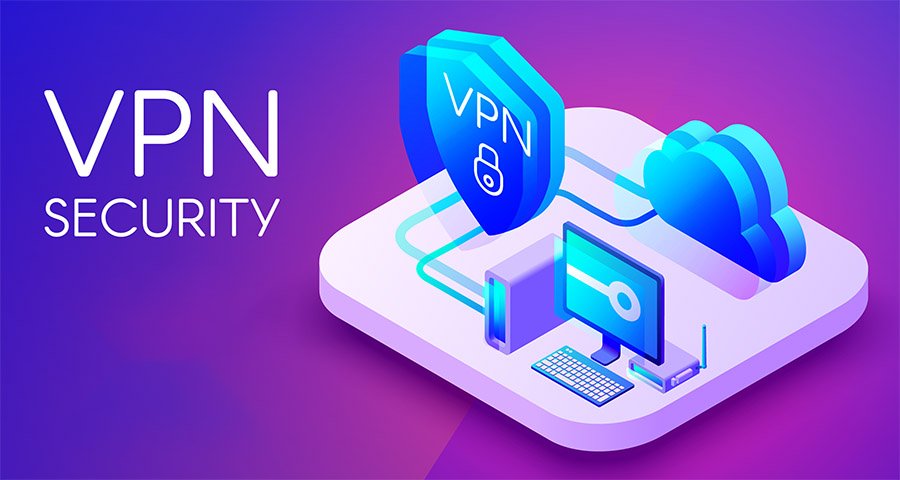How to keep your business’s website safe and secure?
Internet security is a huge concern for businesses, no matter what size your company is or what industry you operate in. As long as you have a website, you are exposed to some level of risk. There are a number of different types of cyber-attacks that you can fall victim to, from ransomware to malware, but luckily there are also a number of different steps you can take to help reduce that risk.
Here’s a list of some to get you started. Take a look and see which ones you can implement today.
Keep all your software updated
Whether you use WordPress or another content management system, you should always keep your software up to date. While those notifications may seem to pop up at the most unhelpful times, updates often include security fixes, so it’s best not to ignore them. Hackers can exploit weaknesses quickly, so the sooner you plug those holes, the better.
Use remote browser isolation
This might be one fix you haven’t heard of. Remote browser isolation vendors offer a service whereby cyber threats are neutralized through the use of a virtual remote browser. All code is isolated on that browser. Then the endpoint receives harmless pixels. The best part is that there is no change to the experience of the end-user, meaning there’s no need for complicated training or changing your online behavior in order to reduce risk.
Be wise with your passwords
Although this may seem like a very obvious piece of advice, you’d be surprised by how many people still write their passwords down, share them with friends and coworkers, use the same one for every website, or use ones that are easy to guess such as ‘password’ or ‘123456’. The best tip is to create a strong, unique password for every website you use. It should be a mix of uppercase and lowercase letters, plus numbers and special symbols. Using something that only has meaning to you also helps. If you find it hard to remember all your passwords, use a password manager – then you only need to remember the one password for that program. Multi-factor authentication (where possible) is another great way to add an extra layer of security to your accounts.
Use a VPN

Very simple yet effective, a VPN, or Virtual Private Network, masks your IP address and hides your location, serving as a sort of online shield to protect your data. In addition to reducing the risk of cyber-attacks, it can also be very useful for providing safe remote access to your business’s network for employees – even when traveling abroad. It’s especially reassuring when using public WiFi, which is notorious for being easy to hack.
Install SSL
SSL, which stands for Secure Sockets Layer, is a computing protocol that uses encryption to make your website more secure. It’s what changes the ‘http’ at the beginning of a URL to ‘https’, and is a sign that you can trust that webpage. If you have forms on your website where people fill in private information such as bank details, then you should absolutely be using SSL encryption. It prevents anyone else from seeing or accessing the data that is entered. There are many different types of SSL certificates available, so take a look and see which one is best for your company.
Back up regularly
Just like with documents, making regular backups of your website is always a good idea, as it enables you to restore it quickly if you are unfortunate enough to experience any problems. The most important time to back up is before you make any big changes to your website. You can do this manually or use a plugin or extension that will do the job for you automatically.
Hire an expert
Of course, it’s possible to take all these steps yourself and be confident in your internet security, but for true peace of mind, it’s always worth calling in the experts. They can perform regular and comprehensive audits of your cybersecurity, monitor for threats and malicious activity, and be ready to fix any problems that may occur instantly. It might be more of an investment, but it’s worth it in the long run for the extra protection that you’ll gain.



Comments
Post a Comment